Politics is such a fickle game that it’s perfectly acceptable to believe six impossible things before breakfast without ever having to apologise for being so wrong. Remember, for instance, when everyone was predicting that the dead cert increased majority for Theresa May would lead to the creation of a new party? Perhaps, like everyone else who has since gone on to predict another series of impossible things with equal confidence, it’s easier for us to forget those old certainties. No one talks about a new party any more. The facts have changed, so we’ve changed our minds too.
There aren’t the same conditions for that proposed new party about which Tony Blair and other grandees kept dropping loud, clanging hints. Labour hasn’t been annihilated, or indeed particularly humiliated. Anyone talking openly about setting up such a party looks stuck in the past — even if that past was only really a couple of months ago.
The fact remains, though, that there is a large group of MPs in Parliament who don’t feel quite at home in their present parties. They’re almost ‘citizens of nowhere’, politically. And they believe that they represent a large number of voters who don’t feel at home with the current stances of those parties on the biggest political issue of our time, Brexit. They aren’t holding meetings to discuss a new party. But they are forming a new political tribe that could become pretty powerful pretty quickly.
The leading lights in this centrist, anti-hard Brexit political tribe still confess privately that they long for a new party. ‘No one is really talking about it at the moment, much to my enormous disappointment,’ says one senior MP who held talks before the election about a new party. ‘A disruptive force is absolutely necessary. The official opposition has been taken over by the hard left, there is a dysfunctional governing party and the third party is on life support.’
The new tribe set to work pretty quickly, with a rebellious amendment to the Queen’s Speech on the UK staying in the Single Market as soon as Parliament returned. That amendment, tabled by the Labour MP Chuka Umunna, didn’t pass, but 101 MPs from Labour, the SNP, the Liberal Democrats, the Greens and Plaid Cymru backed it.
The MPs behind the amendment wanted to put the government on the spot over its position on access to the Single Market, and they wanted to pressurise the Labour leadership too. But another objective was to get non-government backbenchers across the Commons working together. There was an organised rebel-whipping operation, but it didn’t expend much effort on Conservative Remainers: ‘The Tories were clear they couldn’t come our way until the Queen’s Speech was over and done with, as they couldn’t cause trouble on that big a part of the government’s legislative programme,’ says one Labourite member of the new tribe.
But now May’s backbenchers who oppose a hard Brexit are joining the tribe openly, signing up to an all-party parliamentary group on EU relations. Their first task is to pressure the government on the length and nature of the transition period between reaching a deal and leaving the EU.
The most important thing about this new tribe is that it doesn’t contain anyone really important; that is, no frontbenchers. Conservative MPs are very clear privately that they will not support anything that comes from Jeremy Corbyn, John McDonnell or the shadow Brexit secretary Keir Starmer.
The tribe also has little to do with the Lib Dems, who could once have provided at least informal leadership and perhaps even a new home for MPs who felt like citizens of nowhere. But they had a miserable election campaign and Vince Cable started his tenure as leader by calling for an ‘exit from Brexit’, which was also unhelpful: it makes his party a hardcore anti-Brexit tribe, rather than one that appeals to those who just want as soft an exit as possible.
Meanwhile Labour ‘moderates’ might be keeping quiet about their views on Jeremy Corbyn after he lost the election more gracefully than they’d predicted. They are adamant, however, that they’re not going to waste their time helping their leader develop any policies. Instead, these MPs are assisting their new tribe with other big policy problems such as social care. Once again, the current party leaderships don’t offer much support: the Conservatives’ half-baked manifesto pledge on social care made any future reforms more difficult. And while Labour calls publicly for cross-party work on long-term sustainable funding for health and social care, privately frontbenchers do not want to help the Tories out in any way.
The instinct to attack a politically controversial idea, even from someone they’ve been working with, is as much in most MPs’ nature as it was in Aesop’s scorpion’s nature to sting the frog who was carrying him to safety across a river. One former Tory minister who has been working behind the scenes with Labour MPs confesses that ‘the biggest barrier is their tribalism. Because basically they do still suspect us of having bad motives’. But Tory tribalism will be a factor too: MPs want to extract all they can from the government, particularly on matters such as Brexit. But they can’t go too far, for fear of bringing down that government.
The only instance in which they might be tempted to do that, and the only instance in which Labour MPs’ loyalty to their party won’t have any power, is if those tribe members start to think that their political force really should — and can — become a party. Everyone agrees that this can only happen in the event of a large political crisis, not just a collection of decisions that people don’t particularly like. This could be a deal with the EU which is so unpalatable that many Labour MPs who represent pro-Remain seats feel compelled to push for a second referendum, and then campaign to stay in the EU, against the official line of their party.
These circumstances currently seem to fall into the category of impossible things to believe before breakfast. And even if they stay there, and no new party emerges from the current political chaos, it’s certainly not impossible for the would-be members of it to have a great deal of influence in Parliament sitting just where they are.
Got something to add? Join the discussion and comment below.
Get 10 issues for just $10
Subscribe to The Spectator Australia today for the next 10 magazine issues, plus full online access, for just $10.


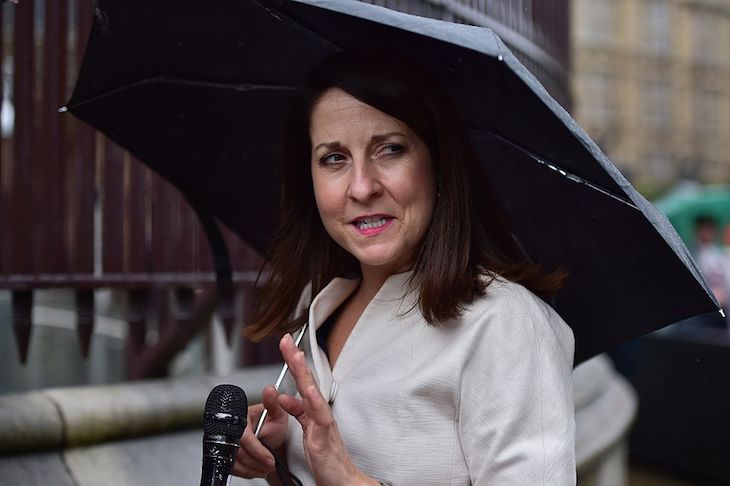

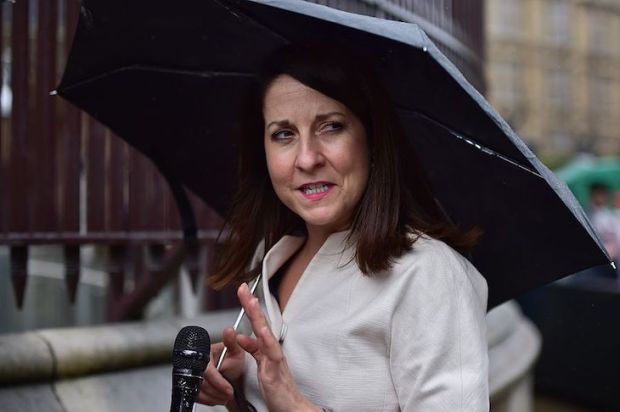
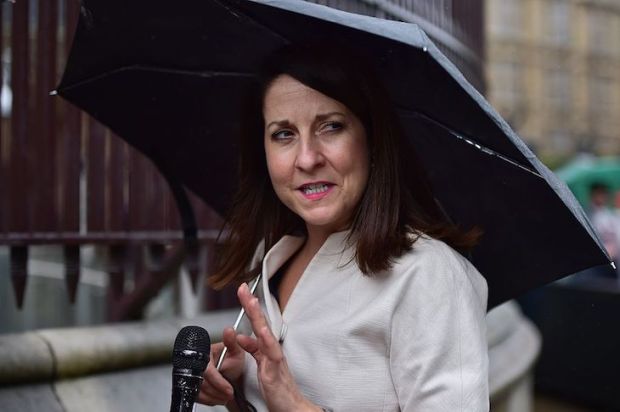
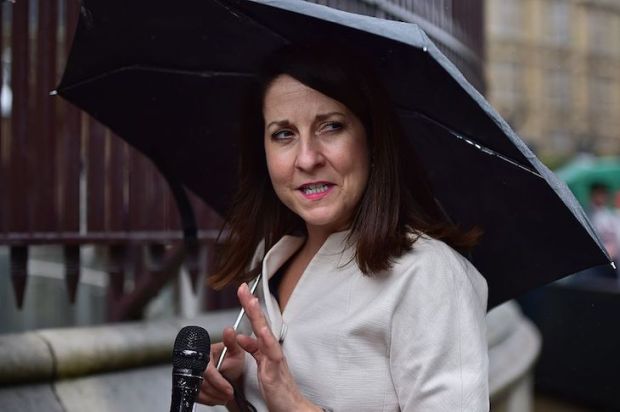
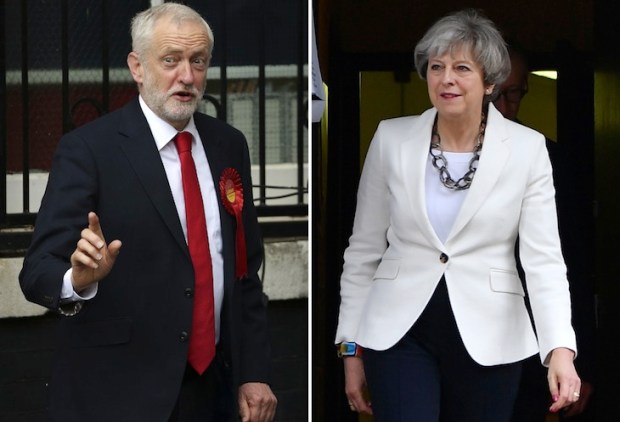






Comments
Don't miss out
Join the conversation with other Spectator Australia readers. Subscribe to leave a comment.
SUBSCRIBEAlready a subscriber? Log in